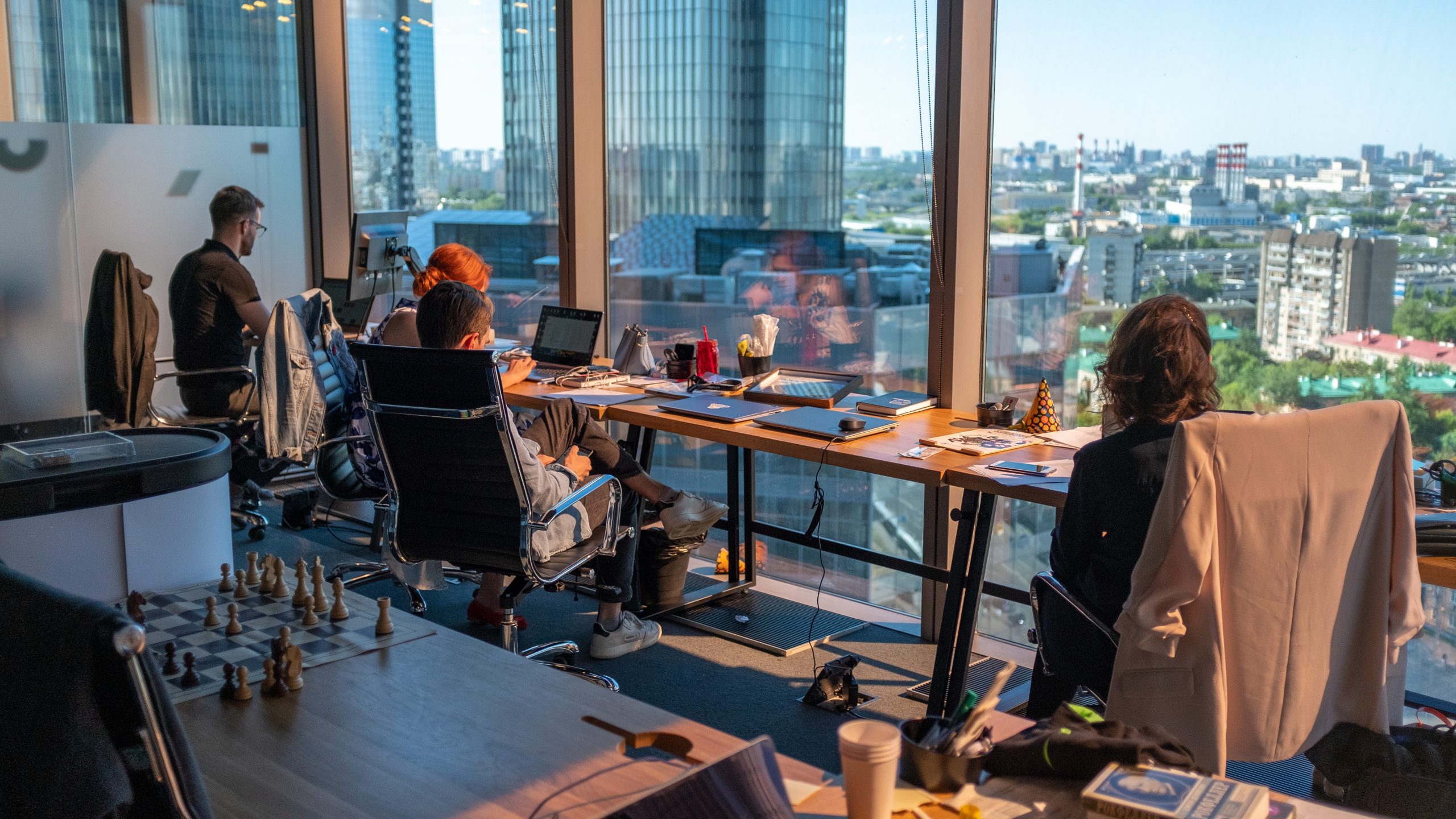The recent CxO Sustainability Report by Deloitte explored the thoughts of over 2000 business leaders and their strategies associated with sustainability and climate change. The results showed that executives recognise the benefits and opportunities of taking action and emphasise how critical sustainability is for the business agenda.
While there are some concerns that sustainability activities in businesses may be declining, the Deloitte report suggests a significant increase in investment in sustainability plans and that climate action is becoming a core part of overall business strategies.
According to the report, climate change continues to be one of the top 3 priorities for executives, exceeding political uncertainty, supply chain issues and talent competition.
Global leaders are prioritising and increasing sustainability-based investments, with 85% reporting a rise in investments. Senior executives expect climate change to impact their overall plans and operations over the next few years, with 70% expecting a considerable impact. Nealy 50 of respondents stated that they are adapting their business model to integrate climate change and sustainability as a pivotal part of their overall strategy.
Businesses recognise the potential for generative value in the movement towards a low-carbon economy. More business leaders are pointing to sustainability as a reason for new products and new business models, rather than a compliance-based necessity.
Executives are seeing fewer trade-offs between business progress and climate action. Over 90% of leaders believe their organisation can continue to grow while reducing their emissions. A similar figure considers they can achieve economic growth while reaching our climate goals.
According to the report, the most anticipated benefit of climate action business leaders expect to see is innovation around services and operations. Climate action is a driving force for innovation. Innovation and technology investment are integrated drivers of sustainability plans, enabling companies to present solutions highlighting the potential for new services that provide environmental and business benefits.
Nearly half of business leaders have implemented technological solutions to support their climate or environmental goals, with another 40% expecting to do this in the next few years. Over half of these figures are already implementing technology and believe they are using it to create more sustainable services.
Sustainability is a critical part of the business agenda, but the response toward climate action varies greatly. While leading companies and driving significant changes, many businesses have taken few, if any, decisive steps. This slow approach could leave many at a distinctive competitive disadvantage as we move towards a net-zero economy.
Despite the reported impact of climate change on business operations and strategy, many companies (about 27%, according to the report) have taken little or no decisive action. More than half of businesses surveyed focused on two or three critical measures. Many of these businesses can be placed in two categories – those focused on sustainability and others committed to becoming a sustainable business, tackling their environmental impact.
The report shows an overview of the current climate action taken with executives and the potential of those not taking decisive steps. Other organisations must consider what action they can take, the challenges and the lessons they can learn from leading businesses to create a broader and strategic plan to generate value.
Related insights
Drawing on 70 years of combined experience and knowledge, our small team of recruitment consultants share valuable insights from across all sectors of the renewable energy industry.
View all insights


